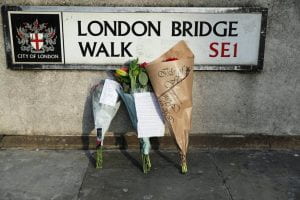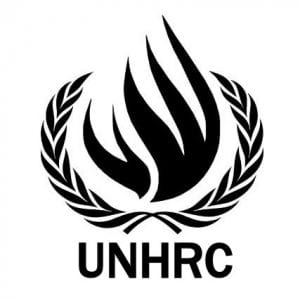By Prof Steven Greer, Professor of Human Rights (University of Bristol Law School).
A cardinal axiom of international human rights law is that the prohibition against torture, cruel, inhuman and degrading treatment is absolute in the sense that no exception can be accepted, defended, justified, or tolerated in any circumstance whatever. Yet, for several reasons this is deeply problematic. For a start, since absoluteness is not an express, inherent, self-evident, or necessary feature of the provisions in question, this status is a matter of attribution rather than, as the orthodoxy holds, inherent legal necessity. Other non-absolute interpretations are not only possible, but expressly underpin similar prohibitions in some celebrated national human rights instruments. It does not follow either, because the term ‘cruel, inhuman or degrading treatment’ is typically included in the same clauses which prohibit torture, that each of these very different types of harmful conduct must necessarily share the same status. The much-repeated claim that the prohibition is absolute in principle but relative in application is also unconvincing. Finally, it is not merely morally or legally, but also logically impossible for each of two competing instances of any ‘absolute’ right to be equally ‘absolute’ in any meaningful sense. The prohibition against torture, cruel, inhuman and degrading treatment in international human rights law can, at best therefore, only be ‘virtually’, rather than strictly, absolute. It applies, in other words, in all but the rarest circumstances but not, as the received wisdom maintains, to the exclusion of every possible justification, exoneration, excuse, or mitigation.
S Greer, ‘Is the Prohibition against Torture, Cruel, Inhuman and Degrading Treatment Really ‘Absolute’ in International Human Rights Law?‘ (2015) 15 Human Rights Law Review 101–137.
 The killing of the Iranian military strategist Qasem Soleimani at the start of 2020 may not have much, if any, direct effect on terrorism in the UK. But it was always unlikely that threats from jihadis, dissident Irish republicans and the far right would decline significantly as the new decade unfolds. Dealing with these threats must remain a top political priority.
The killing of the Iranian military strategist Qasem Soleimani at the start of 2020 may not have much, if any, direct effect on terrorism in the UK. But it was always unlikely that threats from jihadis, dissident Irish republicans and the far right would decline significantly as the new decade unfolds. Dealing with these threats must remain a top political priority.






